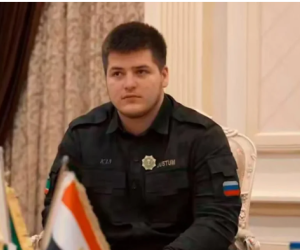Why elderly couples often die together: the science of broken hearts

Last week we saw the death of the 90-year-old "Great Escaper” Bernard Jordan, who snuck away from a care home in Hove, East Sussex, last year to attend the 70th anniversary D-day commemorations in Normandy. Less than a week later, his wife of 50 years, Irene, died. Most people would consider this very sad but also very touching. But it’s not the first time this kind of thing has happened. You often see stories about elderly couples, who have been together for decades, dying within a few days of each other. Perhaps the most high-profile examples are June Carter Cash and Johnny Cash.
We are drawn to these melancholy but heart-warming stories, probably because they suggest that love really does last forever, even beyond death. And that’s a nice thought. But is there really anything in it, or is it just coincidence?
It may seem that it happens often, but that is likely a consequence of cherry-picking by the media. "Elderly couple die hours apart” is a human interest news story. "Millions of people outlive their spouse by more than a decade” is not, so we only hear about the former. This doesn’t mean that people who outlive their partners by a non-newsworthy margin didn’t really love them, it’s just that circumstances are different.
But it turns out there is some actual science behind the phenomenon. There is a thing called broken heart syndrome, believed to occur when someone loses a close partner or spouse. Death of a spouse is recognised as one of the most stressful things that can happen to a person. But as well as the mental anguish and grief (which are themselves very debilitating and not to be dismissed), many forget that stress also has a physical component. Stress can cause numerous physical ailments, and if the stress is sudden and serious enough, such as if a spouse dies, then these ailments can be very serious, affecting the heart.
But even without the direct heart damage, the physical and emotional consequences of severe grief can take a serious toll on the body. This may be another reason for the stories we hear, which are invariably about people who have been together for several decades. The longevity of their relationship is invariably cited as evidence of their commitment, but it also means both partners are older. The aged body is a lot more frail and rundown than a youthful one, so the shock of losing a very longterm partner may be more than it can handle.
This may also help explain why you don’t hear about it happening to younger couples when one partner dies, as the surviving partner is more physically resilient. That, and "elderly couple die together”, is seen as sweet and reassuring, while "young couple die together” is just tragic.
(The Guardian)
ANN.Az
Similar news
Similar news
Latest news 
More news 



































 Photo
Photo 



 Video
Video 

